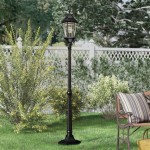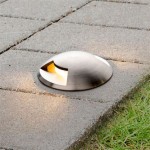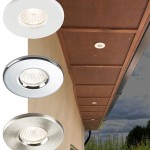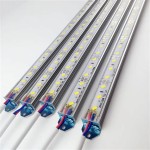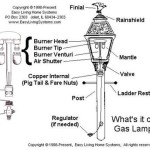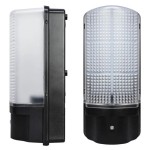The Essential Aspects of Outdoor Architectural Lighting
Outdoor architectural lighting is crucial for enhancing the beauty and functionality of any outdoor space. It can illuminate pathways, create ambiance, and highlight architectural features, making your property more inviting and enjoyable at night. Here are some essential aspects to consider when planning your outdoor lighting design:
Planning
Proper planning is key for effective outdoor lighting. Consider the following steps:
- Identify your lighting goals (e.g., security, aesthetics, functionality)
- Map out the areas you need to illuminate
- Choose the appropriate lighting fixtures for each area
- Determine the wattage and color temperature of the bulbs
Light Source and Distribution
The type of light source and distribution plays a significant role in creating the desired effect:
- Incandescent: Traditional bulbs, warm and inviting light, but less efficient
- LED: Energy-efficient, long-lasting, available in a wide range of color temperatures
- Halogen: High-intensity light, whiter and brighter than incandescent
- Floodlights: Wide beam, illuminate larger areas
- Spotlights: Narrow beam, highlight specific features
- Path lights: Low-profile, guide walkways and pathways
Color Temperature
The color temperature of light affects the ambiance of the space:
- Warm (2700K-3000K): Cozy and inviting, suitable for social areas and residential properties
- Cool (4000K-5000K): Bright and invigorating, ideal for commercial and security lighting
Placement and Spacing
Strategic placement and proper spacing are essential for optimal lighting:
- Entryways: Use bright lights for visibility and safety
- Walkways: Install path lights at regular intervals to guide movement
- Architectural Features: Highlight key elements, such as columns, arches, and sculptures
Energy Efficiency
Consider using energy-efficient lighting fixtures and bulbs to reduce energy consumption:
- LEDs: Most energy-efficient option
- Dimmers: Adjust light levels as needed
- Motion Sensors: Only activate lights when motion is detected
Maintenance
Regular maintenance is crucial to ensure the longevity and effectiveness of your outdoor lighting system:
- Replace bulbs regularly
- Inspect fixtures for damage or corrosion
- Clean lenses and reflectors to maintain optimal light output
Conclusion
By considering these essential aspects of outdoor architectural lighting, you can create a beautifully illuminated outdoor space that enhances the ambiance, functionality, and safety of your property. Proper planning, attention to detail, and ongoing maintenance will ensure that your outdoor lighting system continues to perform optimally for years to come.

32 Best Outdoor Lights To Brighten Your Exterior Spaces Architectural Digest

Outdoor Lighting Ideas For Your Porch Patio Or Terrace Architectural Digest

Outdoor Lighting Ideas For Your Porch Patio Or Terrace Architectural Digest

Outdoor Lighting Ideas For Your Porch Patio Or Terrace Architectural Digest

What You Re Getting Wrong In Your Lighting Scheme Architectural Digest

Outdoor Living Garden Entertaining Ideas Architectural Digest

32 Best Outdoor Lights To Brighten Your Exterior Spaces Architectural Digest

8 Cute Small Gardens And Outdoor Spaces Architectural Digest

Outdoor Lighting Ideas For Your Porch Patio Or Terrace Architectural Digest

Outdoor Lighting To Brighten Your Terrace Patio Or Porch Architectural Digest
